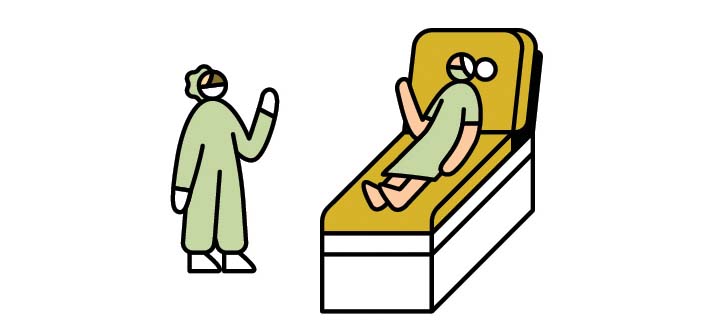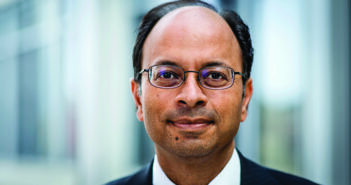Clinical trial participants are the unsung heroes of medicine.
There’s a Greek proverb that says, “A society grows great when old men plant trees whose shade they know they will never sit in.” If you correct for the gendered language, I think you can apply that same sentiment to the people who volunteer for clinical trials.
In the time of COVID, a tension emerged between doing good science and doing fast science. It’s terrifying to have no good treatment to offer the sickest patients with COVID-19, but abandoning randomized controls and peer review has the potential to introduce therapies just as or more dangerous than the virus and its repercussions.
Into this breach step clinical trial participants getting infusions of remdesivir, convalescent plasma, and anything else that shows some promise in treating COVID-19. Those patients—or their families, who may have to give consent on their behalf—are never promised that the therapy will work. They are pointedly told there may be no benefit to them for participating in this research. Of course, there is always hope that something will work, but what they are consenting to is for the good of the next patient who may be helped or prevented from getting a dangerous treatment.
Clinical trial participant Phyl Gerber nurtured the seed of a cure she would never receive. We had the privilege of featuring Phyl in “Upstarts,” Phoebe Hall’s article about a potential treatment for ALS developed by two Brown alumni. Phyl, who had ALS, saw her disease progression slow while she was taking the drug but, sadly, it still progressed. Phyl died on June 15. We extend our condolences to her husband, John, and their family and hope that they will be comforted by the knowledge that she may help countless ALS patients who come after her.



